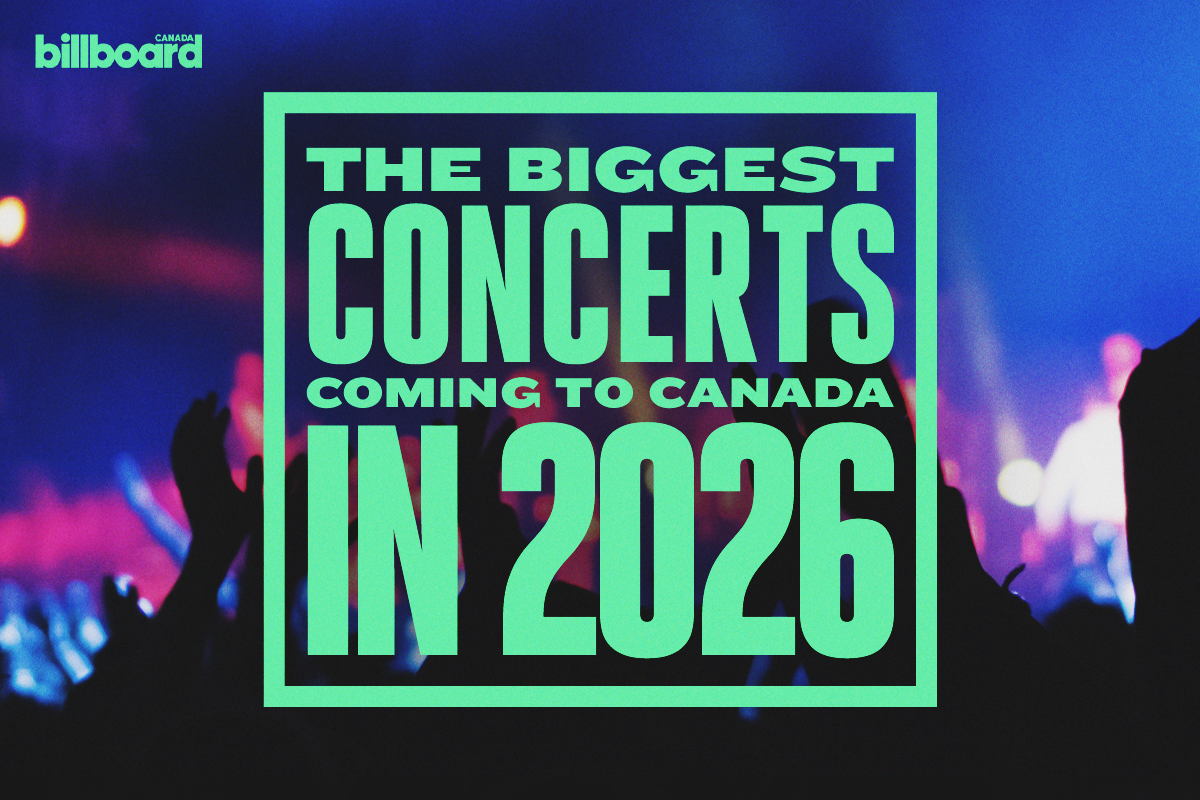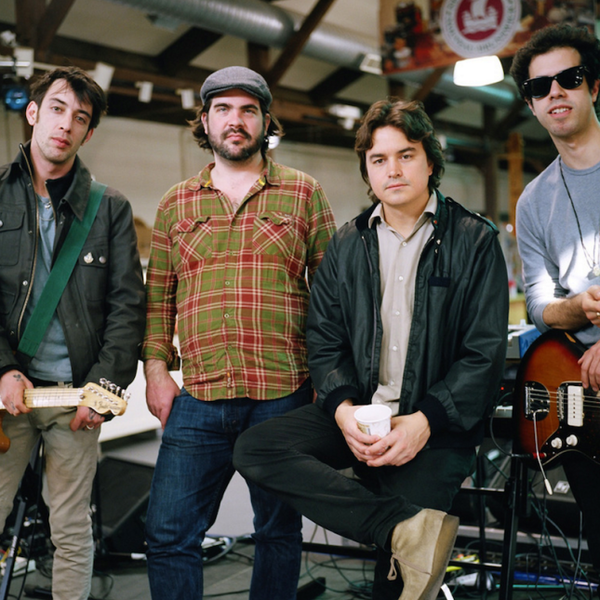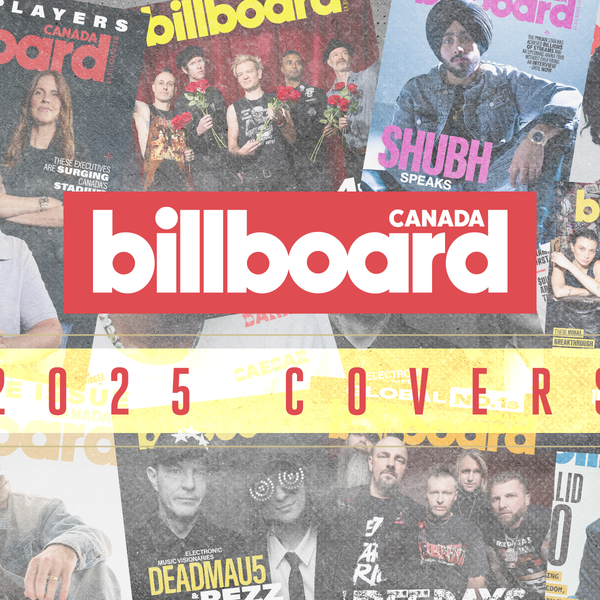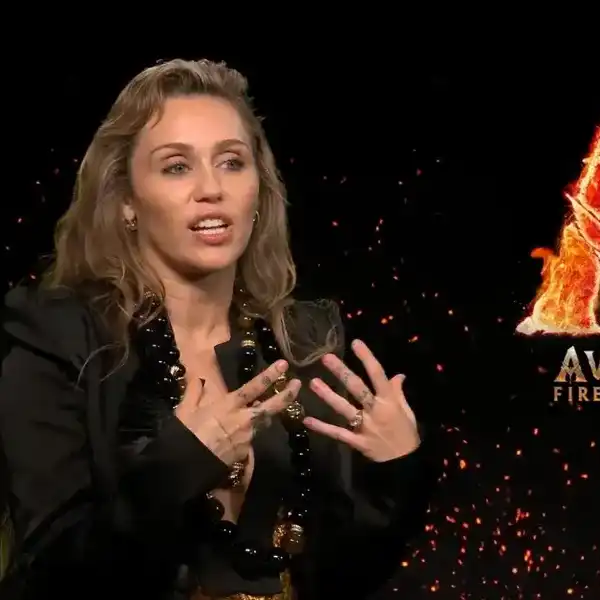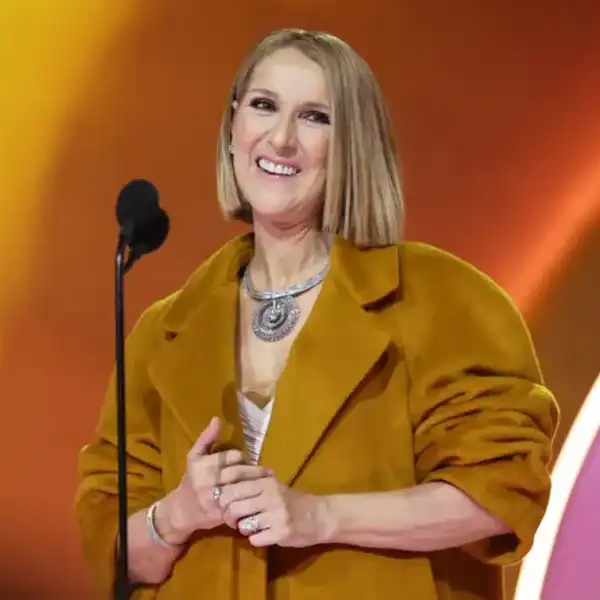Five Questions With… Rebecca Webster
The highly respected music publicist is now the Director of Industry Relations & Communications at CMRRA. Here she reflects upon a fascinating career, her new role, the value of the org for artists, and the just-cancelled Junos,

By Jason Schneider
Rebecca Webster is the Director of Industry Relations & Communications at the Canadian Musical Reproduction Rights Agency (CMRRA), a SoundExchange company. She joined CMRRA in 2019 after running highly respected music public relations company Webster Media Consulting Inc. for the last 10 years in Toronto.
Known for her roster of award-winning artists, she helmed the Canadian publicity campaigns for Arcade Fire’s The Suburbs, Polaris Prize-winning French-Canadian rock band Karkwa, Netflix docu-series Hip Hop Evolution host Shad, children’s music entertainers Splash ’N Boots as well as Nick Cave & The Bad Seeds and Third Man Records’ Margo Price, among others.
Prior to launching Webster, she built and ran the Toronto media office for Montreal’s Distribution Fusion III. She is an honours graduate of Ryerson University’s esteemed Radio & Television Arts and Public Relations programs. We recently caught up with Rebecca to learn more about her role at CMRRA and its plans at this year’s Juno Awards. However, due to the event’s sudden cancellation because of COVID-19, our conversation has been edited.
How has the transition been so far from running your PR company to your new position at CMRRA?
There was a minor heartbreak that happened for me when I went from running Webster Media Consulting, the company I built over 10 years, to taking a role in the music publishing side of the business. I loved the music and art that I was promoting. I miss the relationships I had with my clients and artists and the media who have been my constant ever-shifting companions for the last 15-plus years.
My role at CMRRA takes on a wider scope but it’s still a client-agency! It touches media relations—I announced Paul Shaver’s appointment as CMRRA’s new President this past October—marketing, sponsorship, event management, social media management and managing a team that works diligently to ensure client relations are running smoothly. There’s also the international component to CMRRA where I’m liaising with my team of colleagues at SoundExchange, our parent company, in the U.S. It’s challenging and keeps me on my toes in a different way than when I was running my own business. Thankfully, I’ve been finding the music publishing community has welcomed me into the fold.
For artists who may not know about CMRRA, what are the advantages of its services?
CMRRA, which stands for the Canadian Musical Reproduction Rights Agency, is a client-agency for music publishers. It was established in 1975 and is the market leader in mechanical licensing and royalty collection. We work with 95 percent of the music publishers doing business in the Canadian market. Our clients include all of the major music publishers and most of the indie music publishers. I like to think about music publishers as warriors of the songs; like labels, they have rosters and they work to add value to songs and build opportunities for songwriters. Of course, if you’re a songwriter without a publishing deal, you can also become a client of CMRRA to collect your royalties. It costs nothing to join and we only take an administration fee once you earn royalties. If you do get a publishing deal we can easily port your information over under the music publisher’s umbrella. The exciting news is that you can get paid for your previously uncollected mechanical royalties on online streaming and download platforms all the way back to the day those services launched in Canada.
A royalty is generated any time a song is copied onto a physical product of some kind, or a digital one. This could include streaming and download music services, commercial and non-commercial radio, or satellite radio, among others. CMRRA has been instrumental in the setting of rates and tariffs for mechanical royalties since the launch of the online services, ensuring that songwriters and their respective music publishers get paid. CMRRA innovated as technology evolved, making sure that platforms like YouTube, Facebook, Instagram and Oculus VR who were using music in different ways, were paying songwriters and music publishers for their uses.
CMRRA is an official sponsor of the Juno Awards this year but, unfortunately, we just learned that the events are cancelled.
Yes, it’s very disappointing but we echo the Juno Awards’ sentiments and feel it is absolutely the right decision to cancel the weekend as this situation evolves in this time of global uncertainty. We’d planned an invite-only event called “CMRRA Songbrunch at the Junos” as a chance for our clients—songwriters and music publishers—to mix with the wider music industry that would be attending. We hope there will be other opportunities in the near future to open this dialogue about what CMRRA does and why we are champions for songs, songwriters and music publishers.
You've played a role in helping many Canadian artists build their careers. Are there any campaigns that stand out for you in particular?
It’s too bad we won’t be in Saskatoon this year because one of my favourite Juno Awards happened there in 2007 when Patrick Watson and his band played and I was there with them as their publicist. Working with Secret City Records, we launched the band’s career with the record Close to Paradise, and I’m very proud of where we got with that campaign, which culminated with winning the Polaris Music Prize. Seeing where Patrick is today—nominated for Songwriter of the Year at this year’s Junos, makes me really happy. We struck a chord with the music and a very focused media outreach campaign and I’m glad to see he’s still got a vital career this many years later.
What's your best advice for young artists to get attention these days?
I think it’s really important to understand what your goals are and from there you need to figure out how to work back to achieve those goals. Where do you want to get attention? Why? It sounds simple, but it’s truly the most effective approach. Don’t just send out a press release because you think you should. If your sound is best suited to posting it on SoundCloud or using TikTok and that’s where you will get attention in a meaningful way, do that. The most important thing is to find and grow your audience because they will stay with you and that will develop your credibility and hopefully, will contribute to you financially at some point. Think big, but also think smart. Look at where people are, and be there getting their attention. Most of the time being thoughtful will save you money too.
If I had to give some advice about what I’ve learned about rights and royalties in the music business to young artists it would be to learn as much as you can. Find mentors, advisors, go to panels and seminars to figure out the roadmap for rights and royalties worldwide. It’s important to pick up the money that you have already earned for your songs, performances and recordings, so get organized and get registered and ask a lot of questions along the way. Don’t leave money on the table.

